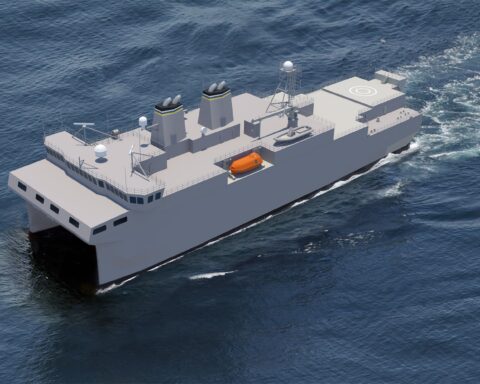The following is the Feb. 2, 2018 Congressional Research Service report, Defense Advanced Research Projects Agency: Overview and Issues for Congress.
From the Report:
The Defense Advanced Research Projects Agency (DARPA), established in 1958, is an agency within the Department of Defense (DOD) responsible for catalyzing the development of technologies that maintain and advance the capabilities and technical superiority of the United States military.
DARPA-funded research has made important science and technology contributions that have led to the development of both military and commercial technologies, such as precision guided missiles, stealth, the Internet, and personal electronics. DARPA has a culture of risk-taking and tolerance for failure that has led experts, some Members of Congress, and others to view DARPA as a model for innovation both inside and outside of the federal government.
The “DARPA model” is characterized by a flat organization that empowers its tenure-limited program managers with trust, autonomy, and the ability to take risks on innovative ideas. Congress has aided DARPA’s efforts by granting the agency certain flexible acquisition and personnel hiring authorities, which have allowed DARPA to engage with people and entities that may have otherwise been reluctant to interact and do business with DOD.
The President’s FY2018 budget request proposed $3.17 billion for DARPA, an increase of $281 million or 9% above FY2017 enacted levels. The proposed request would continue the trend of increasing the proportion of DARPA funding allocated to basic and applied research. The President’s request would also increase DARPA’s share of DOD’s science and technology (Defense S&T) budget to 24%. Since FY1999 DARPA’s share of the Defense S&T budget has remained relatively steady, averaging 23%. Congress is currently debating funding levels for defense activities, including research and development.
Some Members of Congress, think tanks, and other experts have expressed concern that the United States military is losing its technological advantage and have called for increased innovation within DOD to address the perceived decline in U.S. technical dominance. In this context, the 115th Congress may consider several related issues, including the appropriate level of funding for DARPA; the effectiveness of the agency in transitioning technologies to the military services and the commercial sector; the role to be played by DARPA in any efforts by the new Under Secretary of Defense for Research and Engineering to increase innovation at DOD; and the mechanism by which DARPA integrates ethical, legal, and social considerations into its research and development projects.
via fas.org





